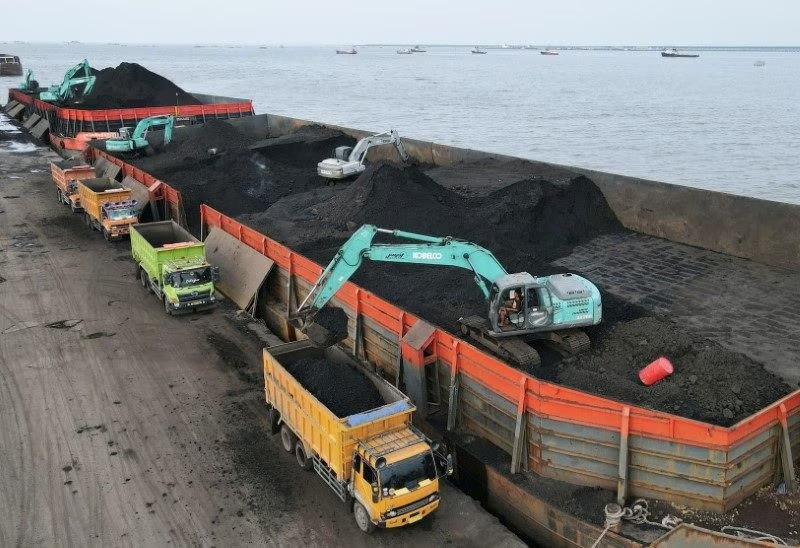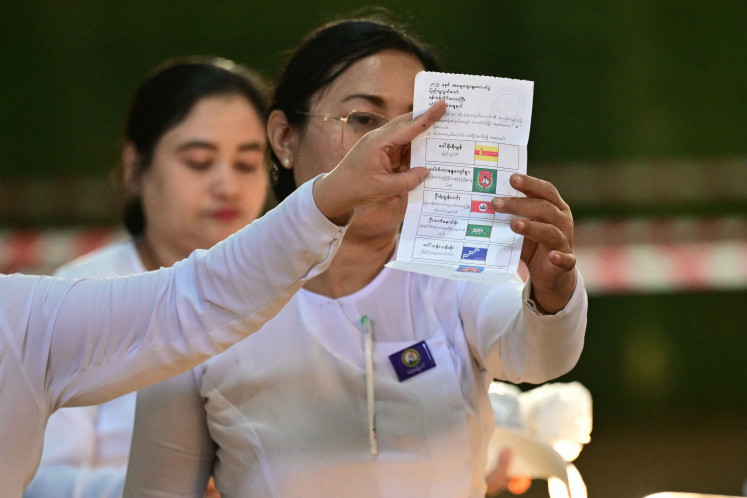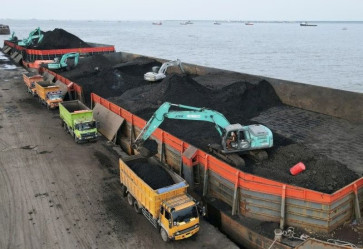Popular Reads
Top Results
Can't find what you're looking for?
View all search resultsPopular Reads
Top Results
Can't find what you're looking for?
View all search resultsClosing the loophole in ASEAN’s climate commitment
In comparison with geopolitical stability and poverty eradication, climate change is not a priority issue in Southeast Asia. Therefore, constructing carbon pricing as a climate policy discourse may be counterproductive.
Change text size
Gift Premium Articles
to Anyone
A
SEAN is on the verge of having to deal with a climate crisis unprecedented in history, according a 2017 study by the Asian Development Bank (ADB). The signs are clear. Intense weather events and their adverse effects on the region's livelihoods should serve as a wake-up call for ASEAN to increase its climate commitments.
The Nationally Determined Contributions (NDCs) are indeed transformative action. However, there have been many studies and reports stating that NDCs are not sufficient to ensure countries are on track to meet the 2 degree Celsius, or preferably 1.5 degree Celsius, target. This is where carbon pricing becomes an essential tool.
Carbon pricing is an effort to correct market failures in not fully reflecting the negative externalities embedded in a product or service. Putting a price tag on carbon helps internalize such “costs” to be absorbed in markets. The average global carbon price is $31.18 per ton of carbon dioxide equivalent (tCO2e), accoding to 2022 data from the World Bank.
Some 35 countries have fully implemented 68 carbon pricing instruments. Nonetheless, contested discussions around carbon pricing remain prominent. The debates usually revolve around the effectiveness of such mechanisms in helping countries achieve their decarbonization targets.
This situation is exacerbated by concerns around carbon leakage due to different measures in controlling decarbonization progress between countries.
In general, carbon pricing falls into direct and indirect pricing mechanisms. An emissions trading system (ETS), carbon taxes and a carbon crediting mechanism are included in the direct pricing category. Indirect pricing mechanisms include, inter alia, fuel, commodity taxes and subsidies.
The government sets a ceiling on greenhouse gas emissions in ETSs, and allowances are traded to each emitter for free or through auctions. A carbon tax, on the other hand, sets the price for each ton of GHG emissions emitted by firms (AMRO, 2022). Unlike ETS and carbon taxes, which operate based on the “polluters pay” principle, in the carbon crediting mechanism, firms offset their greenhouse gas emissions by investing in climate mitigation and adaptation projects.



















